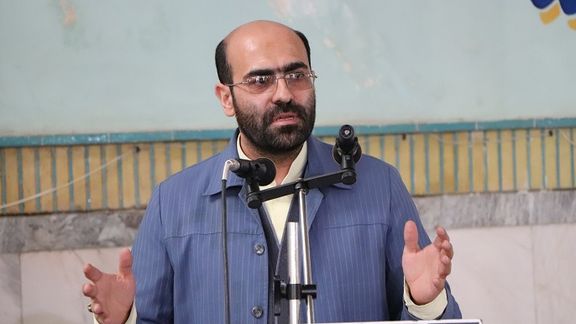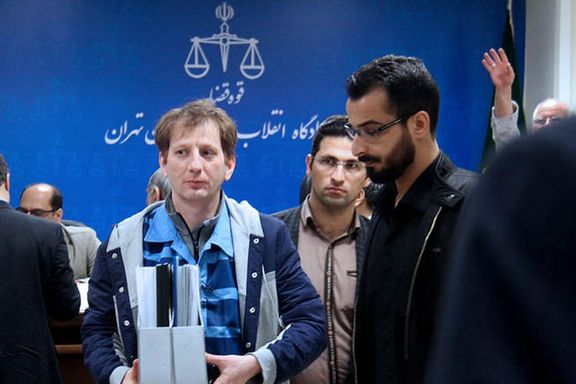Lawmaker Says Iran's Oil Sales, Revenues Must Become Transparrent

Iran's parliament intends to set up a tracking system to keep a tab on oil, natural gas and other hydrocarbon exports that are currently shrouded in secrecy.

Iran's parliament intends to set up a tracking system to keep a tab on oil, natural gas and other hydrocarbon exports that are currently shrouded in secrecy.
Hadi Bayginejad, a member of the parliament’s energy committee spoke of the need for transparency for all hydrocarbon sales conducted under the umbrella of the National Iranian Oil Company (NIOC), which ultimately controls all explorations, distribution and exports.
Bayginejad was speaking to Iran’s Fars news agency affiliated with the Revolutionary Guard, the IRGC.
Since the United States withdrew from the Obama-era nuclear agreement with Iran, the Joint Comprehensive Plan of Action (JCPOA) and imposed oil export sanctions, Tehran has been shipping its crude and oil products using illicit methods. Details of its sales and shipping are considered state secret to prevent any retaliation against third parties by the US.
In the previous round of international sanctions between 2011-2015, Iran resorted to similar illicit methods, finding intermediaries and shady brokers to sell its oil on international markets. The practice led to large-scale corruption involving officials. In one case, a businessman, Babak Zanjani embezzled at least $2.7 billion and is now facing the death penalty in prison.
Bayginejad said the parliament’s energy commission lately held a series of meeting to find ways for making transactions transparent. This is of special importance he told Fars. He bemoaned that the parliament’s budget bill this year did include a table specifying domestic consumption quantities of hydrocarbons as a step toward tracking the whole sector. However, the Guardian Council that must approve all parliament decisions stroke down this part from the budget bill.

The lawmaker explained that more than 30 companies are involved in selling crude, natural gas and oil products on behalf of the national oil company. It should become clear what they do with the oil and gas they receive from the NIOC and where and to whom they sell it. “It is very important for parliament to find out the details of oil and gas sales and their revenues,” he emphasized, and added that energy committee will not relent on this issue.
Since conservative president Ebrahim Raisi took office last August with the blessing of Supreme Leader Ali Khamenei and the full support of the Revolutionary Guard, IRGC, the government and parliament have allocated large quantities of oil to the military to export and gain revenues. This means that transactions will remain a state secret, with the potential of corruption by the IRGC. Bayginejad, however, did not explain why parliamentallocated 3.5 billion euros of crude oil “to individuals” in March to sell on the world markets, with the assumption that the proceeds would go to the military.
Bayginejad is a conservative lawmaker close to the Paydari front, which is a large faction in parliament, espousing more ‘revolutionary’ positions, including intermittent campaigns against ingrained corruption among officials.
He told Fars that people have a right to know which countries are buying Iran’s oil and how much are the revenues. The government insists that with less enforcement by the Biden administration it has been able to export more oil in the past tear and it revenues are up by almost 50 percent.
Bayginejad emphasized that it is also important for the parliament and the public to know how much oil is handed out to all the intermediary companies and what is their revenue.
He added, “Transparency leading to economic development and progress is important when it occurs in the financial affairs of the country.”